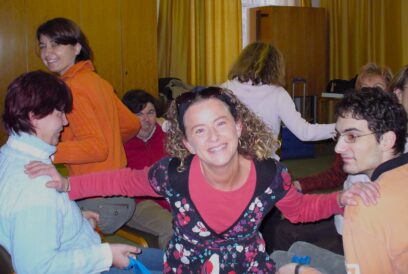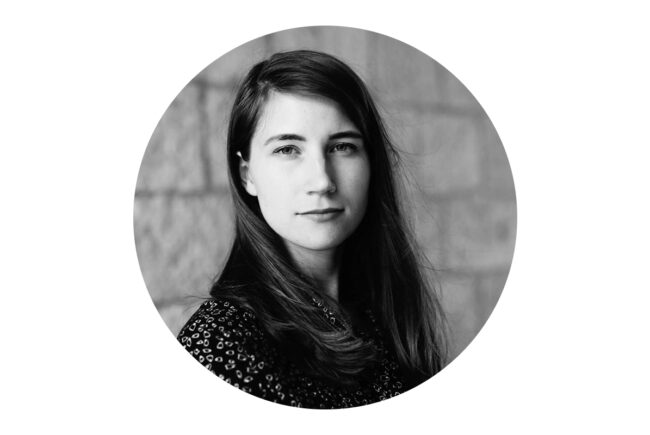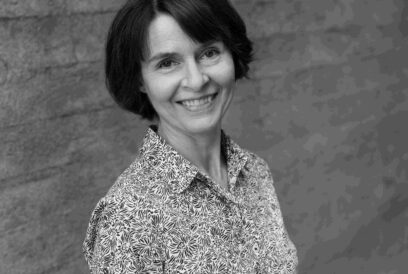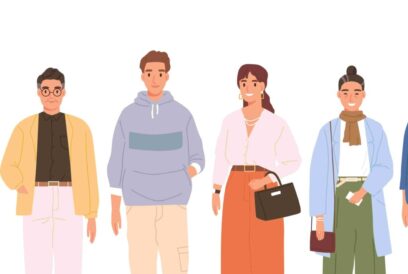

Lifelong learning is needed to make sure that the concept of European heritage includes all Europeans. The text is an editorial written for issue 1/2018 on Adult Education and Cultural Heritage.
“Since wars begin in the minds of men, it is in the minds of men that the defences of peace must be constructed.”
These are the opening words of the founding document of UNESCO, the United Nations Educational, Scientific and Cultural Organisation. The words could hardly be more topical now as the US is leaving the UN agency that aims to support global peace-building by “encouraging cooperation among the nations in all branches of intellectual activity”.
The reason: the UNESCO’s “anti-Israeli inclinations”.
Behind the controversy is the agency’s decisions to admit occupied Palestine as a full member (2011) and accept Hebron Old Town on the West Bank as a World Heritage site. These acts could be – and were largely – interpreted as taking a political stand for the two-state solution in the Israeli-Palestinian conflict, a conflict that has lasted since 1948 and, despite the latest international developments, still shows few prospects of permanent peace.
Cultural Heritage is the theme of the European Year in 2018. The aim is, as the website puts it: “to encourage more people to discover and engage with Europe’s cultural heritage, and to reinforce a sense of belonging to a common European space”.
Thus, it was a rather obvious choice to have cultural heritage as the theme of our first issue of 2018. We too believe that education and international cooperation in the field are the keys to constructing defences of peace in people’s minds.
THE ORATIONS ARE TOUCHING, as usual. Nevertheless, in this issue we focus on critically analysing whose heritage we are talking about, and which groups’ relationship to Europe we are interested in reinforcing in such campaigns.
Do oppressed minorities have a say in what the international bodies, such as UNESCO and the EU, find culturally valuable and worth preserving?
Is it the heritage of the winners in history and dominant majorities? Or is there a universal right to a cultural heritage that would include the heritage of different minorities, the vanquished in wars, indigenous peoples, immigrants?
Where would such right come from? In other words, who decides? Do oppressed minorities have a say in what the international bodies, such as UNESCO and the EU, find culturally valuable and worth preserving?
The Palestine controversy is a good case in point. Only now has the international community, or at least the majority of it, gained the courage to acknowledge that Palestinians living in the occupied West Bank might have a right to some official heritage of their own. And still, some of those with a lot more power and influence choose to object.
When will the Palestinians, and other ‘vanquished groups in history’, gain enough power to be able to give such ‘concessions’ to others?
WE ALSO TAKE A LOOK at the question of accessibility to heritage.
“Everyone is entitled to participate in the cultural life of the community. This does not and must not change with a dementia diagnosis, because dementia does not reduce the human being,” says Cristina Bucci, project manager for the recently finished Museums Art and Alzheimer’s project, in an interview.
We also talk with Jason Evans, who argues for the benefits of the most easily-accessible online source of information, Wikipedia.
When the lessons of history show that the powerful were wrong, how do we make it right?
Finally, in times of migration, globalisation and new nationalism, we ask a German memory scholar Aleida Assmann about the German culture of remembrance.
The German case leads us back to the roots of founding international bodies to protect peace in the first place. Since World War II, the European story of reconciliation is a success story of lifelong learning and unlearning.
But the work is nowhere near to complete. The question is: when the lessons of history show that the powerful were wrong, how do we make it right?
Author






